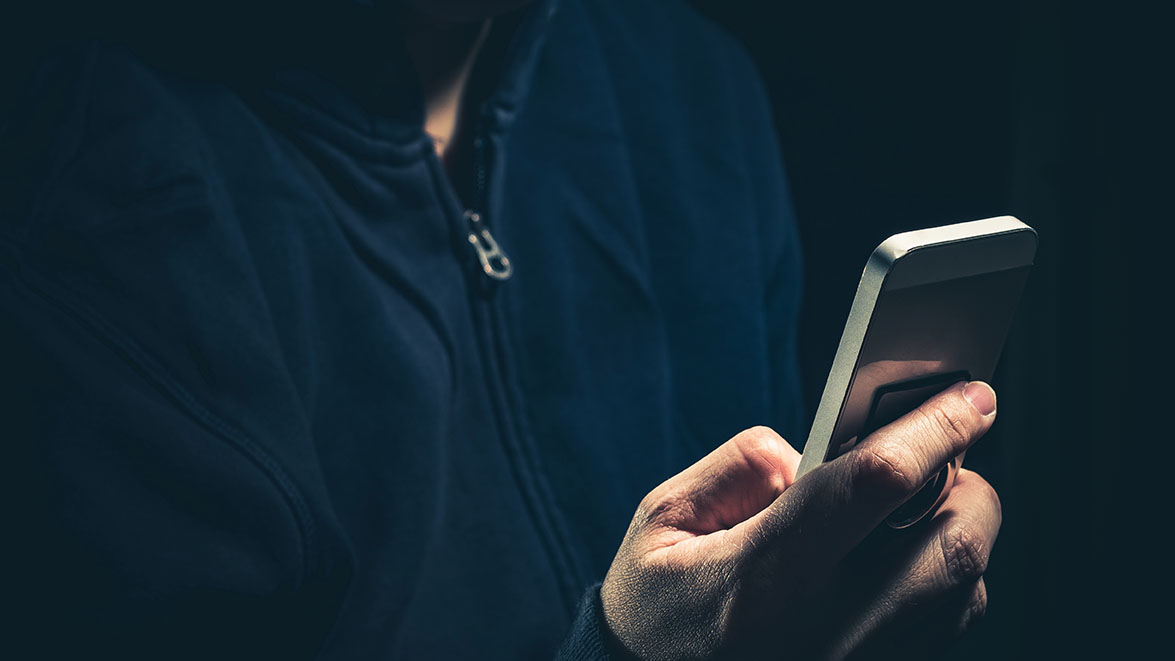 A hack that allegedly exposed the personal data of 2.9 billion people gathered by a background-check company based in Coral Springs has left Americans scrambling to protect against fraud.
A hack that allegedly exposed the personal data of 2.9 billion people gathered by a background-check company based in Coral Springs has left Americans scrambling to protect against fraud.
The April data breach at National Public Data (NPD) was allegedly carried out by a cybercriminal group known as USDoD and exposed people’s names, address histories, familial relatives, phone numbers, and Social Security numbers.
USDoD posted a database named “National Public Data” on a dark web forum and offered to sell the information for $3.5 million, according to a proposed class action lawsuit filed Thursday in a Florida federal court. Other lawsuits have also been filed by people whose information was allegedly exposed in the breach.
In a statement posted online Friday, NPD said people should make efforts to protect their identities, including freezing their credit and signing up for fraud alerts from Equifax, Experian, and TransUnion.
NPD, based out of 1555 Heron Bay Blvd., also said it is working with law enforcement to assess the hack’s impact and “will try to notify you if there are further significant developments applicable to you.”
If you’re concerned your data may have been exposed in the NPD hack, there’s a way to check: Pentester, a cybersecurity firm based in Boca Raton, has created a free database that allows people to search the leaked data to see whether they are personally impacted.
Users can visit the database here, type in their name, state of residence, and year of birth, and learn whether their data was exposed in the breach.
Steve Garrison, senior vice president of marketing at Stellar Cyber in San Jose, Ca., offered four key steps people can take to protect against fraud.
The most important precaution, he said, is a simple one.
“When a service provider calls you, whether it be your cable company, your mobile phone company, or your bank, do not believe it’s them,” said Garrison, who holds an MS in Materials Science Engineering from MIT. “I would say, ‘Look, I want to make sure you’re them, so I’m going to call you back.’ You just can’t trust any inbound calls.”
Next, Garrison recommends people not click on inbound emails or texts.
“Really think about, ‘Why did I get this? Who did I get it from? Is the offer too good to be true? Is the timing too convenient?’”
Garrison’s third piece of advice: Use complex passwords to protect your accounts.
“I use 14-digit alphanumeric passcodes,” he said. “It’s got to be really abstract and hard to remember, but it’s your data, and potentially, it’s your money that is at risk. So people really have to change their behavior.”
Lastly, Garrison said people should be cautious about what kind of information they post on social media.
“It doesn’t take a lot [for hackers] to build a profile, so the more information you give to the public about your behavior, your location, and your activities, the more you’re just feeding the beast.”
Send Your News to Coral Springs #1 Award-Winning News Site Here. Don’t miss reading Parkland Talk, Tamarac Talk, Coconut Creek Talk, and Margate Talk.
Author Profile

Latest entries
 NewsNovember 26, 2025Tamarac Crime Blotter: Suspect Arrested After Cane Attack Leaves Man Injured
NewsNovember 26, 2025Tamarac Crime Blotter: Suspect Arrested After Cane Attack Leaves Man Injured NewsNovember 26, 2025Animal Care Marks Record Year in Pet Adoptions, Reunions, and Rescues
NewsNovember 26, 2025Animal Care Marks Record Year in Pet Adoptions, Reunions, and Rescues NewsNovember 25, 2025Tamarac Turkey Trot Sold Out Again as 2,400 Runners Hit the Streets Thanksgiving Morning
NewsNovember 25, 2025Tamarac Turkey Trot Sold Out Again as 2,400 Runners Hit the Streets Thanksgiving Morning NewsNovember 24, 2025Tamarac Resident Named Holy Cross Health’s 2025 Leader of the Year
NewsNovember 24, 2025Tamarac Resident Named Holy Cross Health’s 2025 Leader of the Year






